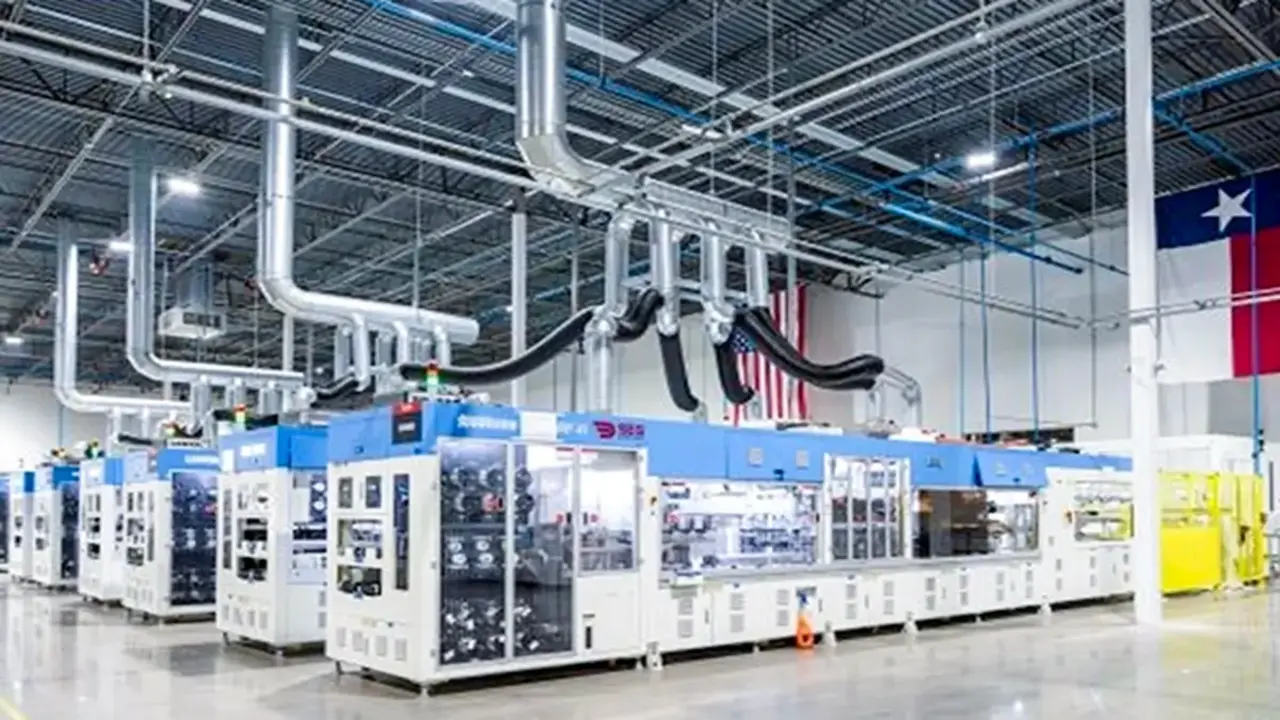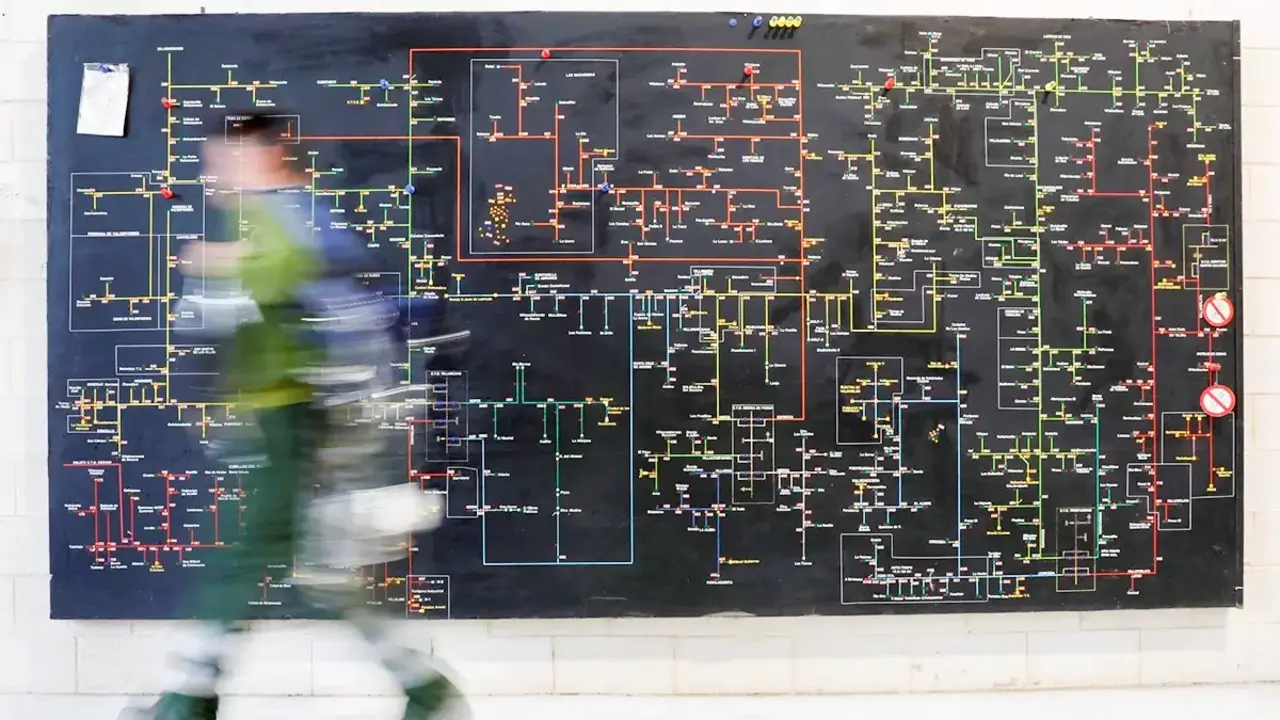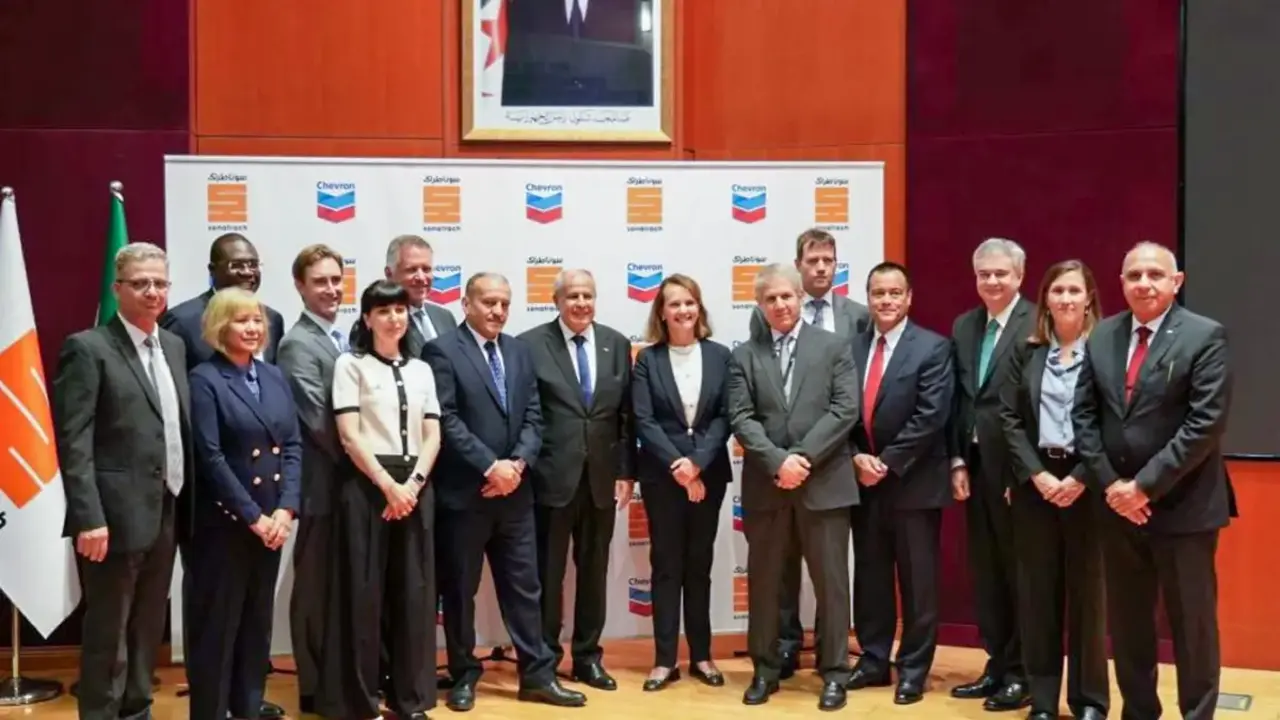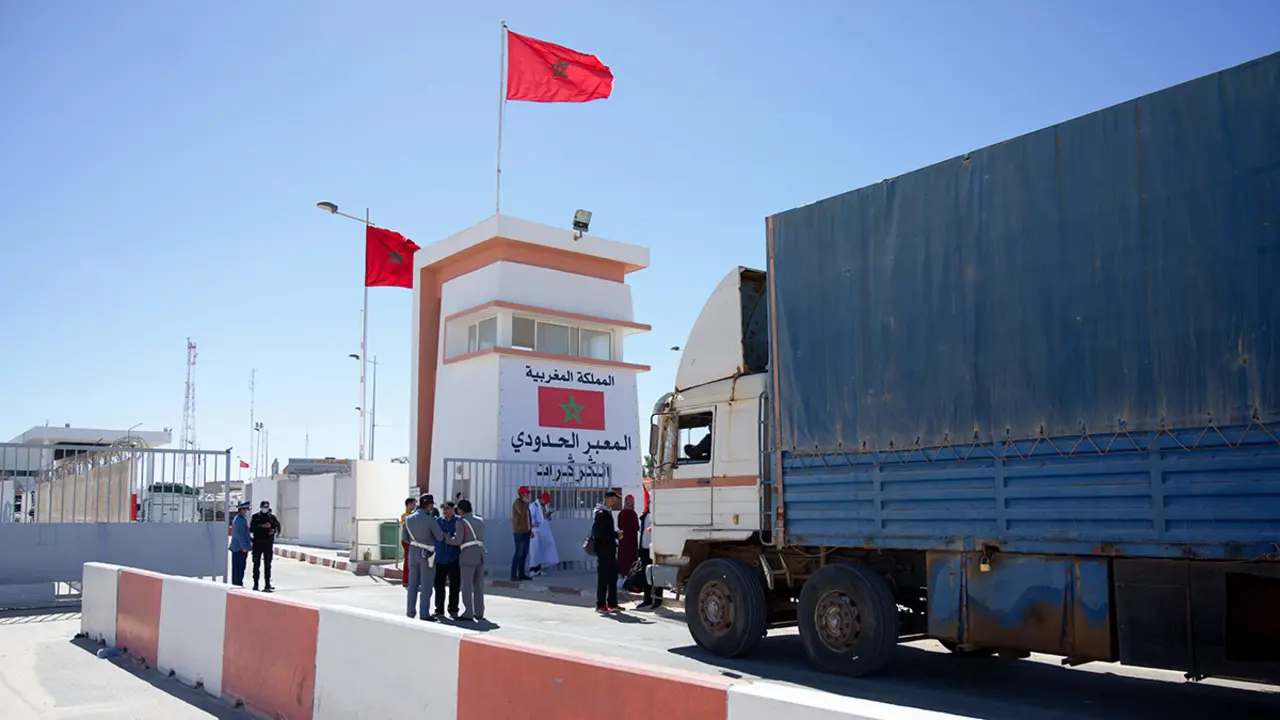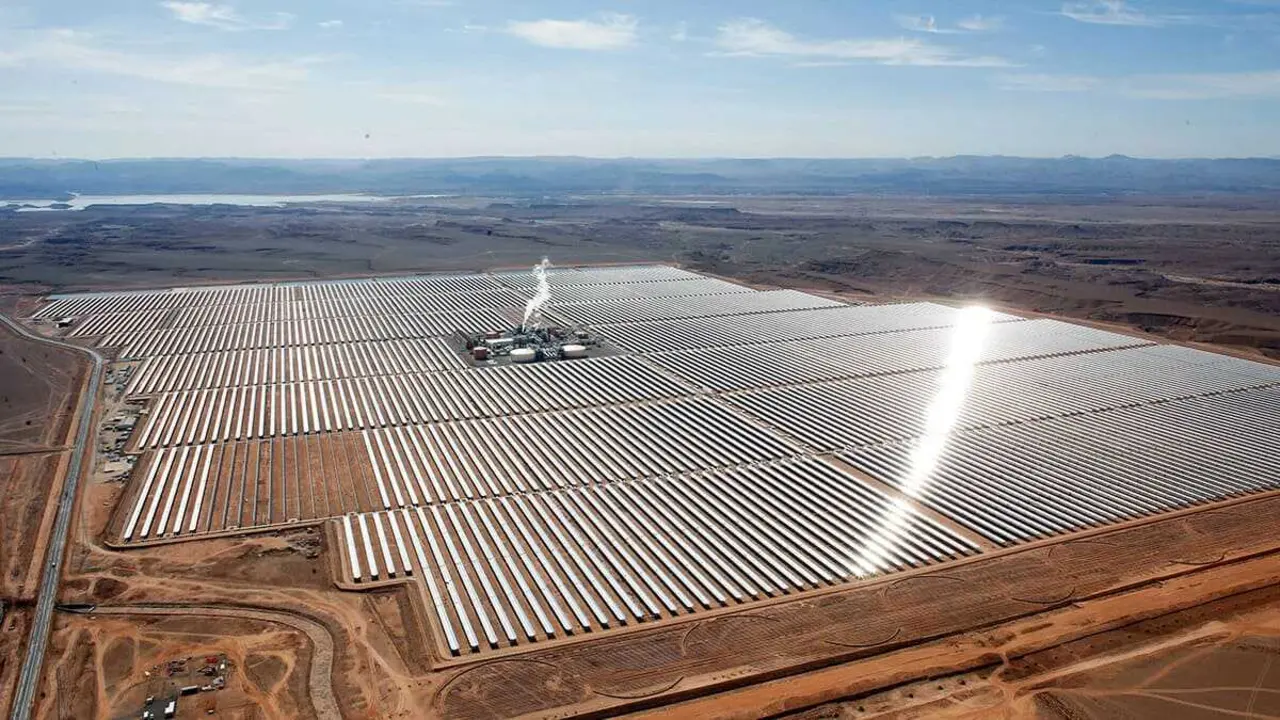European Parliament raises decarbonisation targets for aviation sector

In July 2021, Ursula Von der Leyen's European Commission already presented this project, known as ReFuelEU. Now, in the summer of 2022, it is the Parliament that has returned with greater ambitions.
As part of the "Fit for 55" legislative package, which brings together the legislative texts that will enable the EU to reach its target of reducing greenhouse gas emissions by 55% by 2030, this text aims, in particular, to expand the use of sustainable aviation fuels (SAF) by first setting a target of 2% SAF in the fuel available at EU airports by 2025. The regulation aims to achieve a 63% use of sustainable aviation fuels by 2050. Last week, MEPs reversed these targets and raised them to 37% by 2040 and 85% by 2050.

Although civil aviation accounts for 13.4% of all carbon dioxide (CO2) emissions from transport in the EU, Danish MEP Soren Gade of the Renew party welcomed the negotiations and the agreements reached by MEPs and recalled that "aviation is one of the most difficult sectors to decarbonise". Today we have shown how to proceed and we have sent a strong and ambitious signal to European citizens", before adding that "we have listened to you when you have called for climate action and we are working flat out for a truly green Europe".
In addition, the European Parliament has broadened the definition of what it means by "sustainable aviation fuel", also known as "green fuel", to include synthetic fuels, biofuels derived from animal grains, distillates, biomass and used cooking oil, as well as recycled carbon-based fuels produced from the treatment of gases and exhausts from production processes in industrial plants.

The European Transport & Environment Federation congratulates MEPs for "keeping up the momentum" by excluding animal fats from now on and welcomes the Parliament's decision to phase out biofuels in favour of synthetic fuels. Transport & Environment concludes its statement by saying that "these are the only fuels that can be sustainably increased to reduce the climate impact of aviation". Currently, the main synthetic fuel available to the aviation sector is e-kerosene, which is made from a combination of green hydrogen and carbon dioxide.
Parliament's adoption of this new regulation was also the occasion to propose the creation of a sustainable aviation fund from 2030, aimed at accelerating the decarbonisation of the aviation sector, as well as supporting investment in FAE and so-called innovative technologies and research.
In addition, by 2024, the European Commission will set up a labelling scheme to assess the environmental performance of aircraft, airlines and commercial flights.
Now adopted with 334 votes in favour, 95 against and 153 abstentions, the regulation can be negotiated in the "trialogue" involving the European Parliament, the Council of the European Union and the European Commission.

